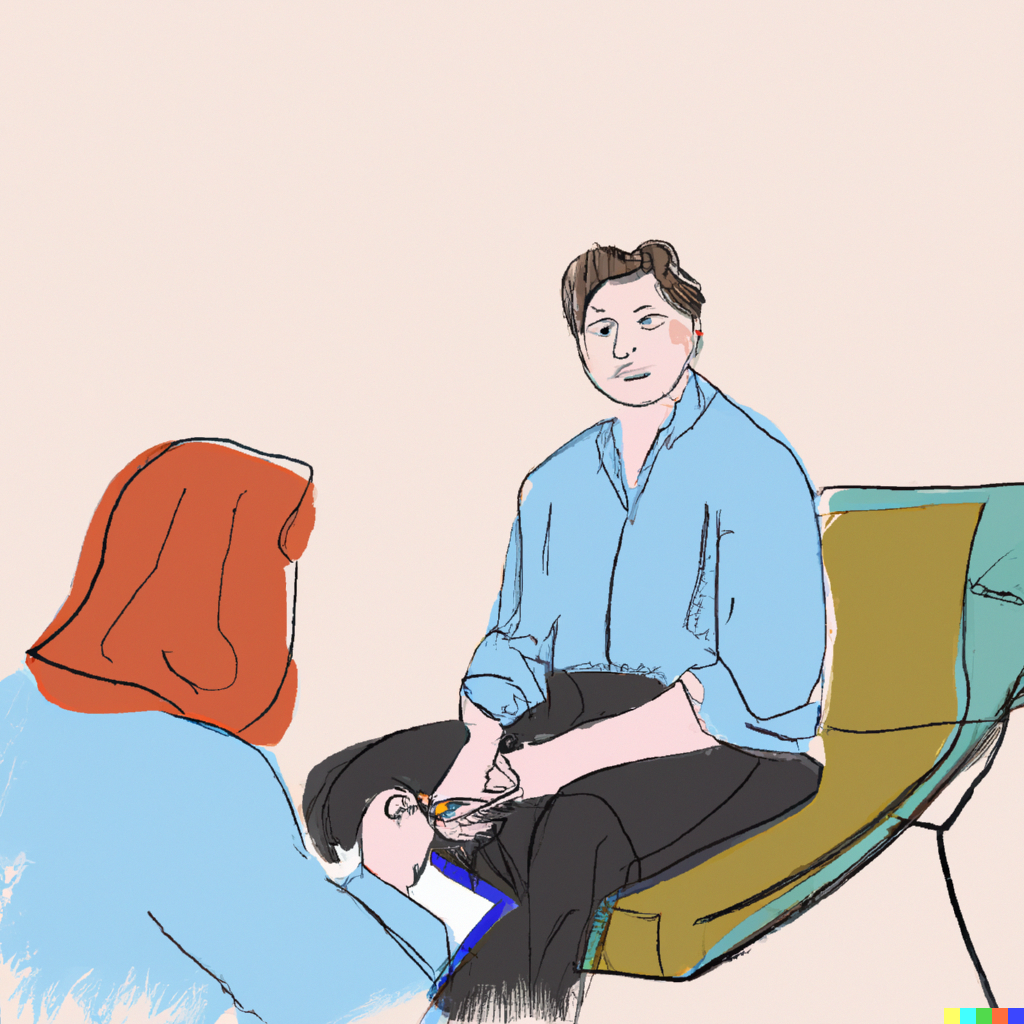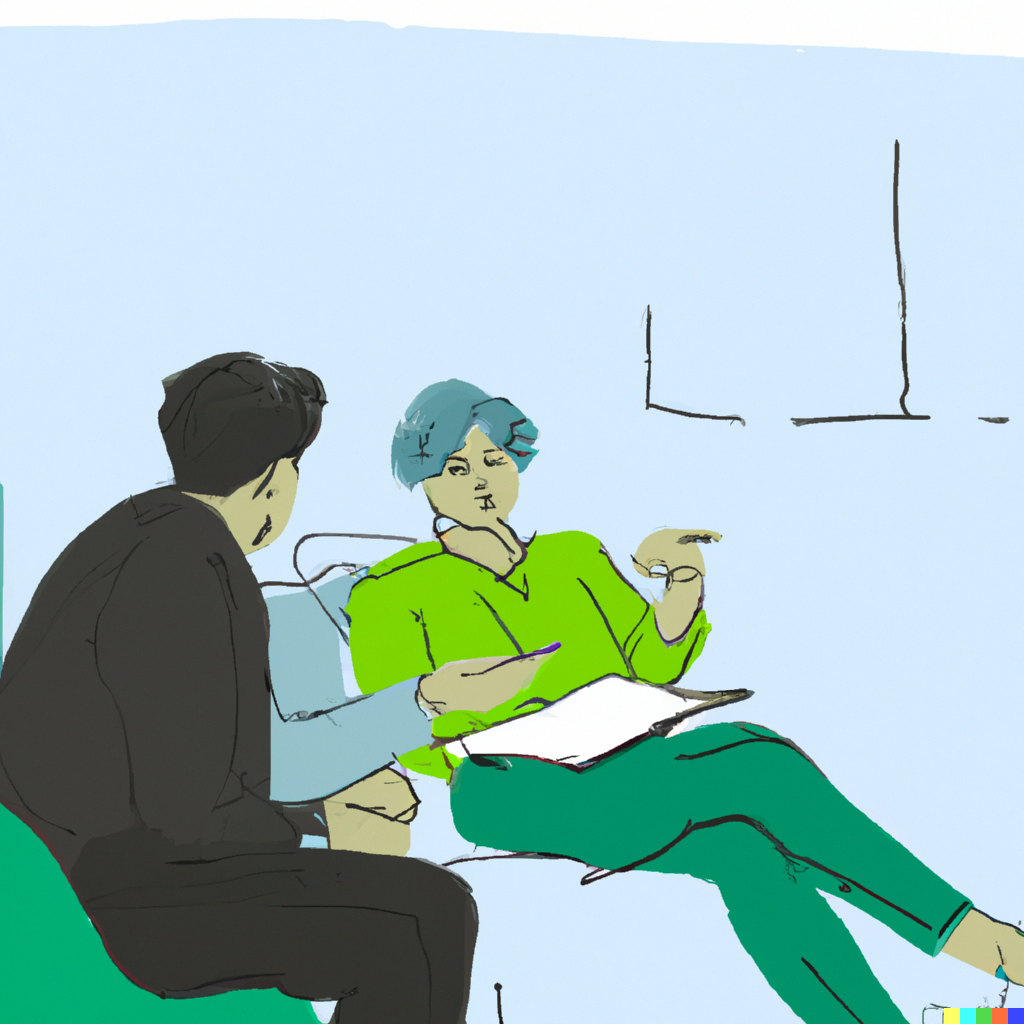The Best DBT Distress Tolerance Skills to us in a Crisis?
Our DBT London team of highly trained specialists in Dialectical Behaviour Therapy (DBT) will help yu build solutions when grappling with Borderline Personality Disorder
Distress Tolerance Skills and how to use them: it is essential to have effective coping strategies that help us tolerate and navigate distressing situations. Distress Tolerance skills, a fundamental aspect of Dialectical Behavior Therapy (DBT), offer practical techniques to manage overwhelming emotions and maintain stability during challenging times. Lets explore some of the proven and effective Distress Tolerance skills that can be utilized during a crisis, empowering individuals to navigate through difficult situations with resilience and self-care.
Self-soothing is a valuable Distress Tolerance skill that helps individuals find comfort and relaxation when faced with distressing emotions. Engaging in activities that provide a sense of solace, such as taking a warm bath, practicing deep breathing exercises, listening to calming music, or enjoying a favorite hobby, can help reduce emotional intensity and promote a sense of well-being. Self-soothing activities should be chosen based on personal preferences and what brings a sense of peace and calm to each individual.

DBT London Can Help Today
Crisis DBT Skills will help you manage a crisis more effectively, without resorting to problem behvaiours

Distress Tolerance Skill:
Grounding techniques are effective for redirecting attention and anchoring oneself in the present moment during times of crisis. These techniques involve focusing on the physical sensations and immediate surroundings to help shift attention away from distressing thoughts or emotions. Examples of grounding techniques include mindful observation of the environment, where you consciously observe and describe details of your surroundings, or the 5-4-3-2-1 technique, where you identify and name five things you can see, four things you can touch, three things you can hear, two things you can smell, and one thing you can taste.
Distress Tolernace Skill:
Distraction techniques involve redirecting attention from distressing emotions or situations to more neutral or positive activities. These activities serve as a temporary reprieve, allowing individuals to regain a sense of control and perspective. Engaging in hobbies, reading a book, watching a movie, solving puzzles, or connecting with loved ones through phone calls or social media can be effective distraction techniques. By focusing on these activities, individuals can temporarily shift their attention away from distress and regain a sense of stability.
Distress Tolerance Skill: Radical Acceptance
Radical acceptance is a powerful Distress Tolerance skill that involves fully accepting reality as it is, without judgment or resistance. During a crisis, accepting the situation does not mean giving up or condoning the circumstances but rather acknowledging that the crisis has occurred and focusing on finding effective ways to move forward. Radical acceptance allows individuals to reduce emotional suffering caused by fighting against the reality of the situation and paves the way for problem-solving and adaptive decision-making.
Distress Tolerance Skills: Crisis Survival Strategies
Crisis survival strategies are techniques specifically designed to manage intense distress during a crisis. These skills are particularly useful when individuals feel overwhelmed and need immediate relief. Examples of crisis survival strategies include holding ice in your hands, taking a cold shower, using a stress ball, or engaging in vigorous physical exercise. These techniques can help interrupt the cycle of distress and provide a temporary sense of relief, allowing individuals to regain control over their emotions.
Distress Tolerance skills are invaluable tools for managing crisis situations and navigating through intense emotions. By practicing self-soothing, grounding techniques, distraction techniques, radical acceptance, and crisis survival strategies, individuals can effectively cope with distress and maintain stability during challenging times. It is important to remember that the effectiveness of these skills may vary for each individual, and it is advisable to work with a qualified mental health professional to tailor these techniques to your specific needs.

Book Your Initial Assessment Now
The first step is to have an intial assesment so we can build your treament plan, please book your initial assessment on our website and we will get back to you teh same day
